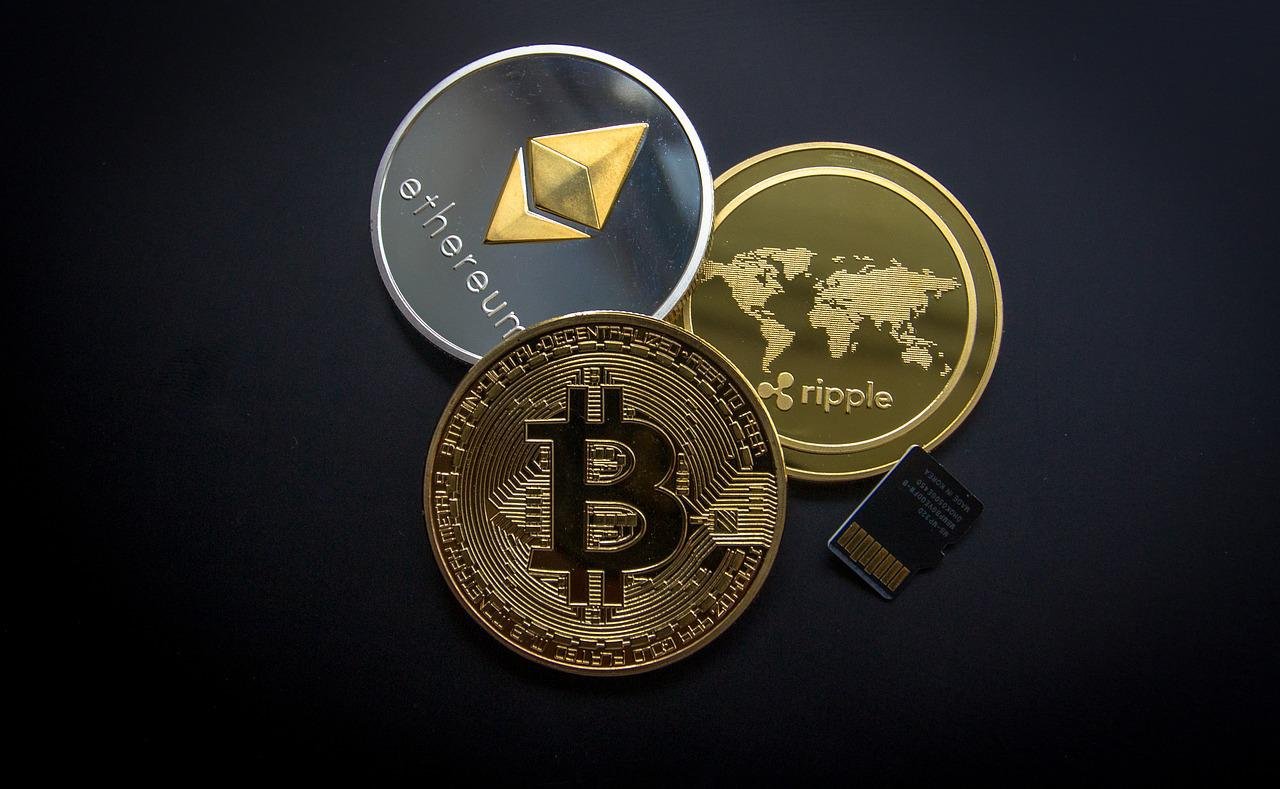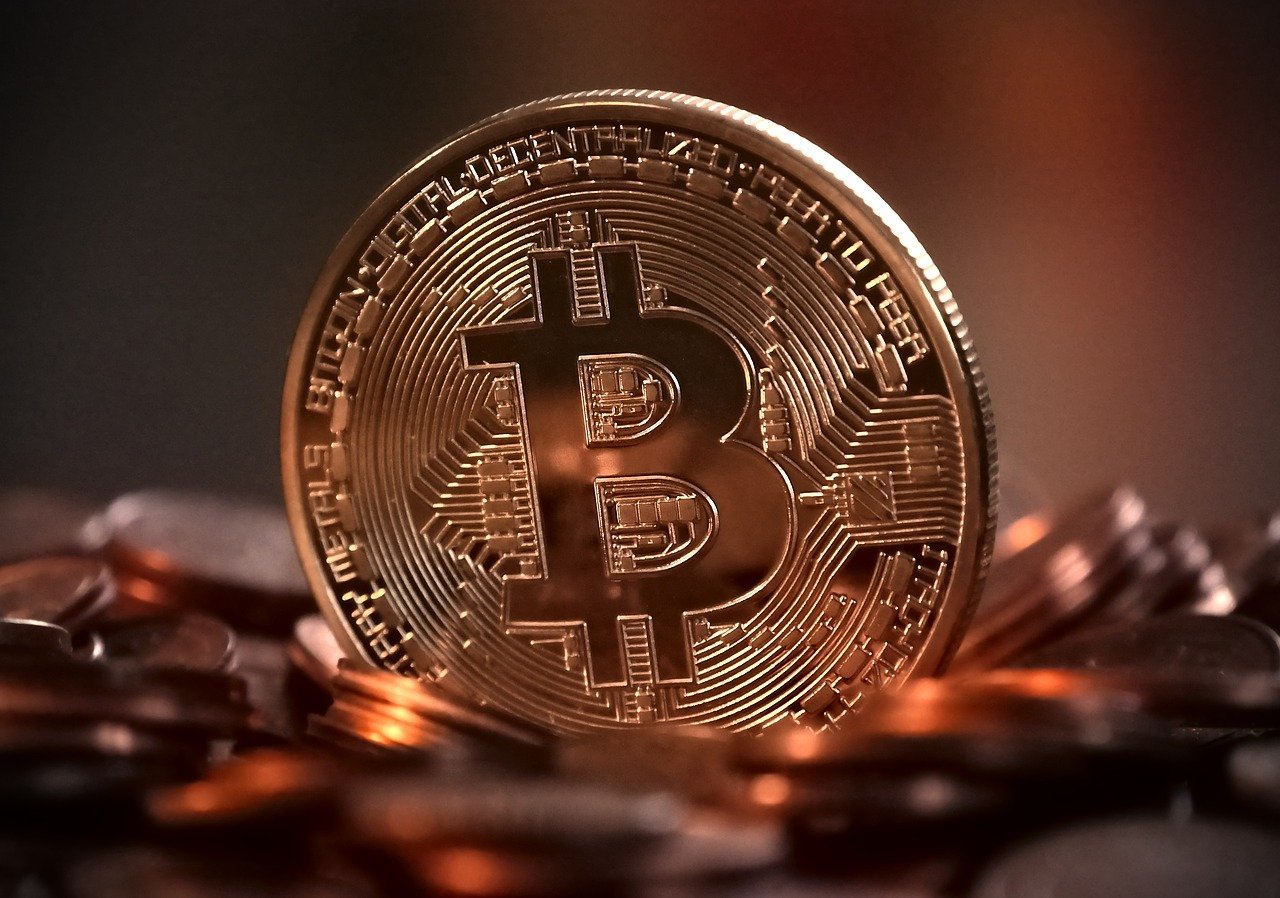The Central African Republic (CAR) has become the second-ever country to ever adopt Bitcoin as a national currency, following El Salvador’s adoption of the cryptocurrency last year.
CAR’s government says a bill to adopt Bitcoin was passed unanimously by the country’s parliament, reports Reuters and BBC News. (Though former CAR prime minister Martin Ziguele complained the bill was approved “by proclamation.”) The office of CAR president Faustin-Archange Touadera claimed the move would “improve the conditions of Central African citizens” and distinguish CAR as “of the world’s boldest and most visionary countries.”

However, geopolitical analysts and financial experts are confused by the motivations for the move. CAR is a landlocked nation that is rich in resources like gold and uranium, but remains one of the world’s poorest countries. It has been wracked by civil war since 2012, and only 11 percent of the 4.8 million population have access to the internet. It is one of six states in Africa to use the Central African CFA franc as its currency — “a regional currency that is backed by France and pegged to the Euro,” according to law firm Baker McKenzie.“IT’S A BIG MIDDLE FINGER TO THE FRENCH ECONOMIC SYSTEM”
Some have suggested that CAR’s adoption of Bitcoin is an attempt to undermine the CFA franc and offer a rebuke to the country’s former colonial power, France. “It’s a big middle finger to the French economic system,” Chris Maurice, CEO of cryptocurrency exchange Yellow Card, which focuses on users in Africa, told Reuters.
Others say the move could be tied to CAR’s close relationship with Russia. CAR was one of the few nations that chose to abstain from a United Nations vote condemning Russia’s invasion of Ukraine, while the country’s government has been condemned for deploying mercenaries from Russia’s Wagner Group to fight rebel groups.
“The context, given the systemic corruption and a Russian partner-facing international sanctions, does encourage suspicion,” analyst Thierry Vircoulon of the French Institute of International Relations, told the AFP news agency (via BBC News).
For more News, visit our BLOG section.

